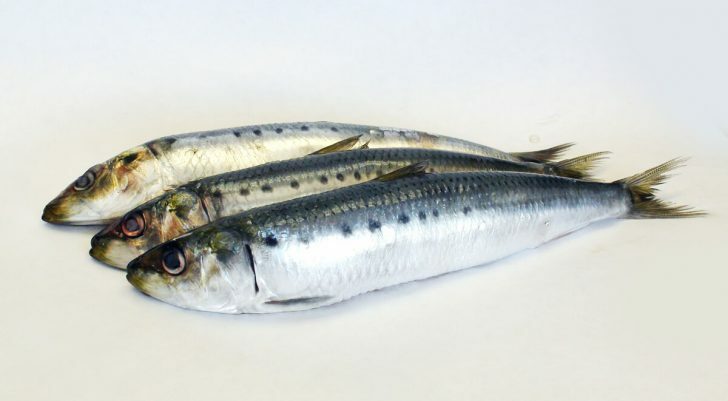Benefits of fatty dairy products: myths and facts
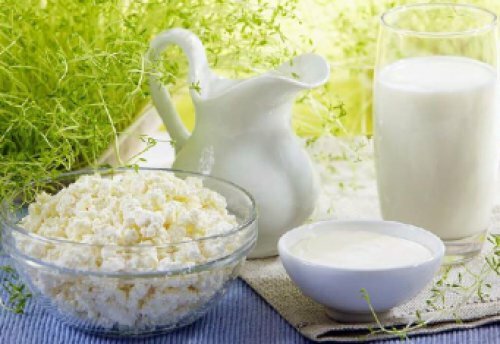 Which products should you prefer - low-fat yogurt, sour cream and milk or their analogues with a normal fat content?For several decades the answer was obvious - the less fat, the better.Specialists engaged in the development of numerous "healthy nutrition programs" believed that by reducing the number of calories in the diet, a person is able to prevent the development of a number of health problems.A weighty argument was that in fat-free dairy products there is a sufficient number of protein compounds and trace elements( in particular, calcium) in the body.
Which products should you prefer - low-fat yogurt, sour cream and milk or their analogues with a normal fat content?For several decades the answer was obvious - the less fat, the better.Specialists engaged in the development of numerous "healthy nutrition programs" believed that by reducing the number of calories in the diet, a person is able to prevent the development of a number of health problems.A weighty argument was that in fat-free dairy products there is a sufficient number of protein compounds and trace elements( in particular, calcium) in the body.
Misconceptions
In the 70s of the last century, almost all doctors called for a rejection of fatty foods, although they did not have any data that unambiguously confirmed the damage to animal fats.Up to now, we are urged to reduce cholesterol intake, although it is clear that this compound of exogenous origin does not increase the risk of atherosclerosis, and the main harm is caused by cholesterol produced in our body.
It is fair to say that in some countries health organizations still offer a preference for low-calorie dairy products.They have their own, at first glance, completely objective, justification.From the point of view of the specialists of the Academy of Nutrition and Dietetics, a certain role in the development of obesity can play saturated fats, which in diet "milks" is practically nonexistent.
Important: the categorical judgment of "fat - evil" has no basis!
Facts and hypotheses
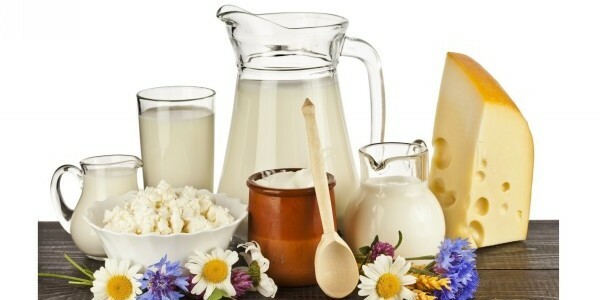
Currently, most experts are inclined to believe that everything is not so unambiguous.The results of studies by nutritionists, published in the European Journal of Nutrition, showed that the incidence of diabetes mellitus, as well as cardiovascular pathology in people who consume normal dairy products, is not higher than those who prefer nonfat products.The risk of excess weight and obesity in the first group was even slightly less.
Note: now for most specialists it is clear that obesity does not develop due to consumption of animal fats.A significant risk is represented by "fast" carbohydrates, which are present in a large number in "fast food" and confectionery.
According to the researcher-nutritionist, specialist Fred Hutchinson Cancer Research Center( Seattle) Mario Kratz, there is no convincing evidence that skim milk and yoghurts are a healthier food.
25 studies were conducted, the data of which are given in the above review.The results of seven of them are recognized as unconvincing, and eighteen experiments have shown that the risk of obesity when consuming dairy food with normal fat content is even less than when eating so-called."Dietary products."
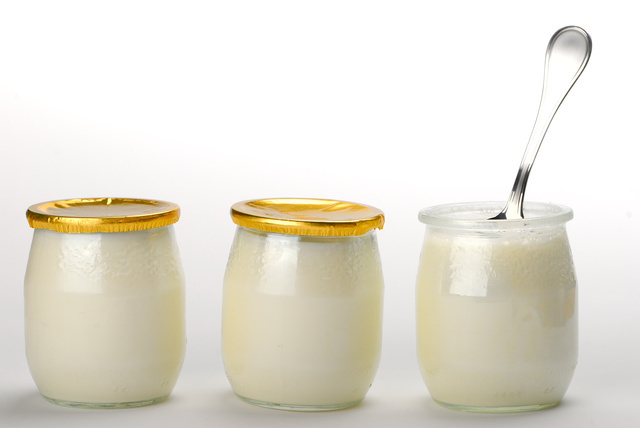
This opinion is supported not only by Dr. Kratz.His conclusions, in particular, are confirmed by scientists of the Scandinavian countries.In 2013, they conducted a large-scale study of the ratio of the level of consumption of dairy products, and the development of obesity.Objects have become more than one and a half thousand people of middle and old age.Experiments have shown that consuming butter, sour cream and fat milk investigated, overweight did not gain.But among those who preferred low-fat milk and cheeses, the percentage of those who gained excess weight was slightly higher.
Please note: Research Director Dr. Sarah Holdberg in particular states: "... the use of dairy products with a high percentage of fat content is less likely to contribute to the development of obesity than low-fat dairy products."
In recent years, both for professionals and for ordinary people, it is becoming increasingly clear that restricting diets with the exception of the diet of animal fats are ineffective.The only benefit they can bring is the stimulation of burning their own lipids while limiting the intake of fats from the outside.But this fact can not be considered 100% proven.
But it is important to understand that ordinary milk and products from it are rich not only in calories, but also in nutrients, which are absolutely necessary for the normal functioning of the body.Dr. Kratz does not deny what was said by his opponents, but believes that the data he obtained are reliable, and his colleagues only make assumptions based only on theoretical research.
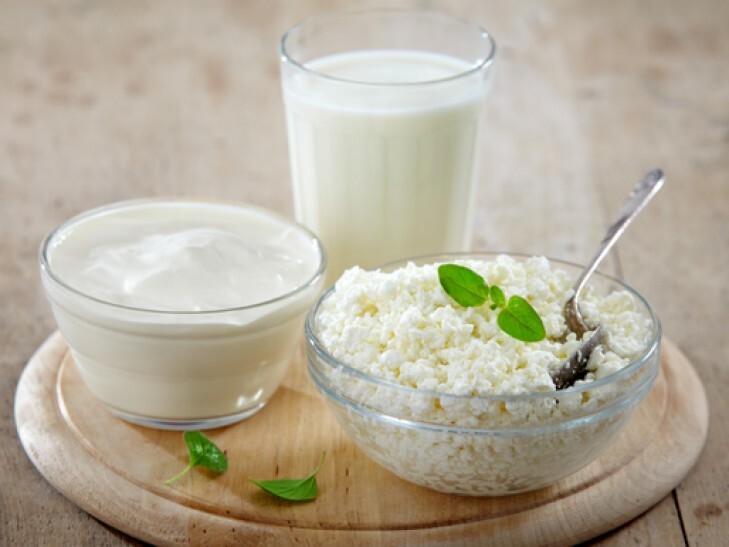
So how can more calories prevent a set of extra pounds?Carefully counting the number of calories in a single portion or daily ration, one should not forget about such an important factor as satiety of .Consuming foods with a relatively high content of lipid compounds, in the next few hours a person will not feel hungry.As a consequence, it becomes possible to reduce the volume of portions and the frequency of food intake.If you eat low-fat yogurt, then the feeling of hunger will follow the person who is dieting, almost constantly.
In terms of physiology, fatty acids are of great importance for hormonal regulation.Thanks to these compounds, the body determines how much energy should be left in reserve, and how many calories can be consumed.The mechanism of regulation is not fully understood, but it is obvious that artificially induced endocrine disruptions can not bring benefits.
Scandinavian scientists call all dairy products "paradoxical."Dr. Holmberg believes that one should not consider them as a set of nutrients.The scientist believes that it is important to evaluate the complex effect of the product, rather than its individual ingredients.

The results of the studies do not mean that from now on we should all eat as much sour cream as possible and add butter to all the dishes in a row.Dairy products need to be consumed in properly metered amounts and in parallel with food of vegetable origin, since we can not take more fiber anywhere.
And as for the "ordinary" and "dietary" dairy food, it makes sense to make a choice in favor of the first one! "
More detailed information on the benefits of milk fat you will get by watching this video review:
Trofimova Yaroslava, dietitian


